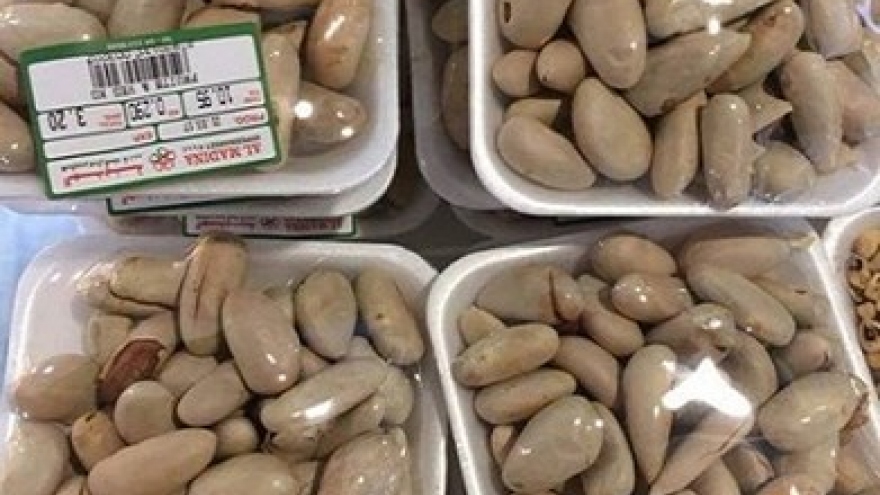The door for Vietnamese products to US market narrows
Vietnamese exporters have been warned that it will be more difficult to export products to the US as the US administration has increased local production protection and tightened control over imports.
 |
|
Exporters have been warned it would be more difficult to export products to the US |
Vietnam-US bilateral trade turnover, which was US$1.4 billion only in 2001, has been increasing steadily since the Bilateral Trade Agreement (BTA) took effect, reaching US$50.8 billion last year.
The big challenge for Vietnam is the strict regulations that export products have to observe. In addition to the federal law, each US state has different rules and regulations of its own.
Meanwhile, Deputy Minister of Industry and Trade Do Thang Hai warned that the US tends to tighten imports by setting up new requirements on product quality, food hygiene and product traceability.
“The US’s big changes in its trade policies will have a big impact on the export of many Vietnam’s key items,” Hai said.
“It will be not an easy task to maintain current export turnover or boost exports to the US,” he warned.
The businesspeople present at the Vietnam-US Trade Forum held in Ho Chi Minh Citty several days ago confirmed that more Vietnam’s export products now bear anti-dumping duties or have to satisfy higher technical requirements. Any export product, from shrimp, fish to steel nails, and any business could be subject to anti-dumping or anti-subsidy lawsuits.
Meanwhile, the majority of Vietnam’s businesses are small and medium sized which have little experience with lawsuits. They find it difficult to satisfy the requirements set by the US. Prolonged lawsuits and high lawyer fees also discourage them.
Seafood companies have more experience than others in protecting themselves in lawsuits raised by the US.
Truong Dinh Hoe, secretary general of VASEP (Vietnam Association of Seafood Exporters and Producers) said since 2003-2004, when Vietnam began exporting seafood products to the US with export turnover of US$1-US$2 billion a year, seafood companies have been facing a lot of anti-dumping lawsuits against catfish exports.
The US policy to protect local production had tightened recently, which means the high possibility of Vietnamese exporters becoming defendants in lawsuits.
Currently, Vietnam exports 60,000 tons of shrimp to the US, or just 10 percent of total shrimp products the US imports a year. Vietnam’s capacity is twice as much as the figure.
According to MOIT, Vietnam’s major export products to the US are footwear, textile & garments, wooden furniture and electronics which have low added value.


